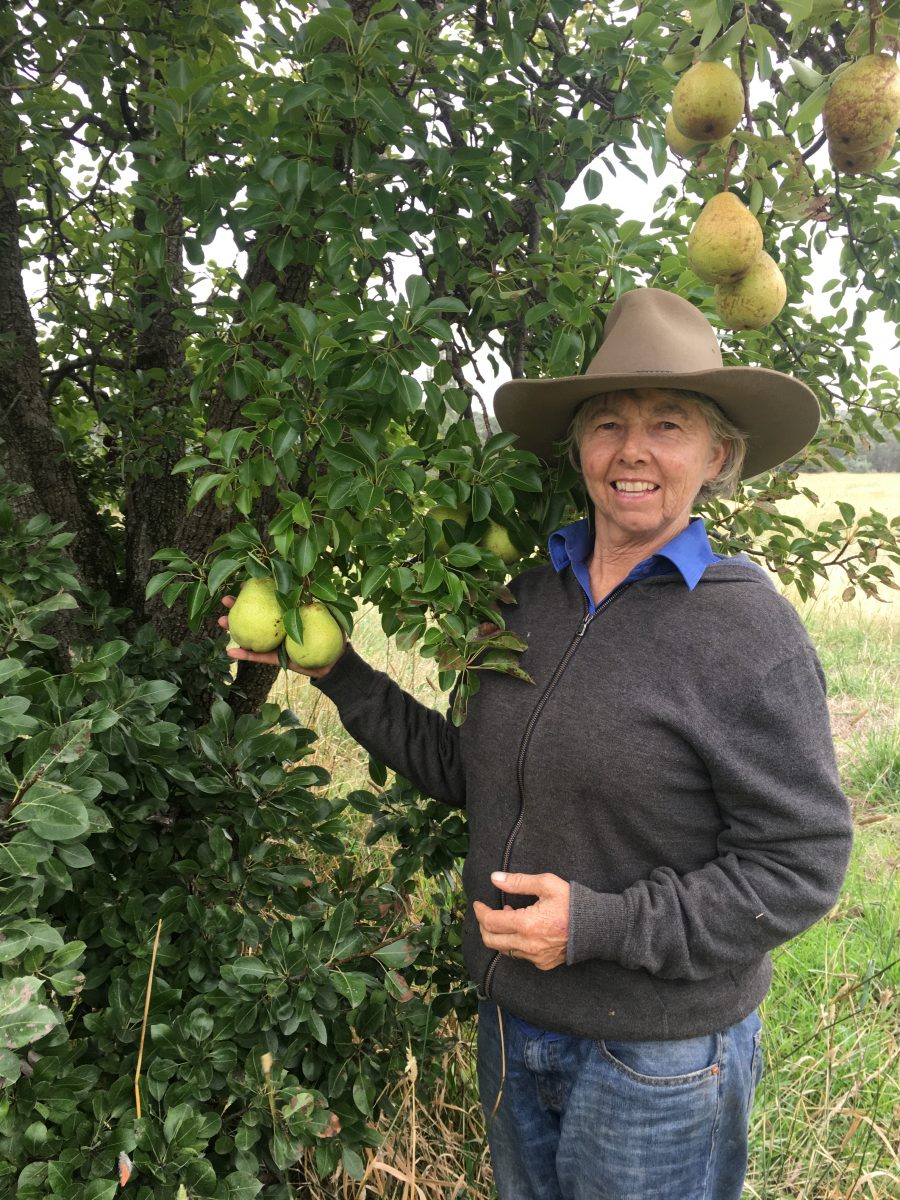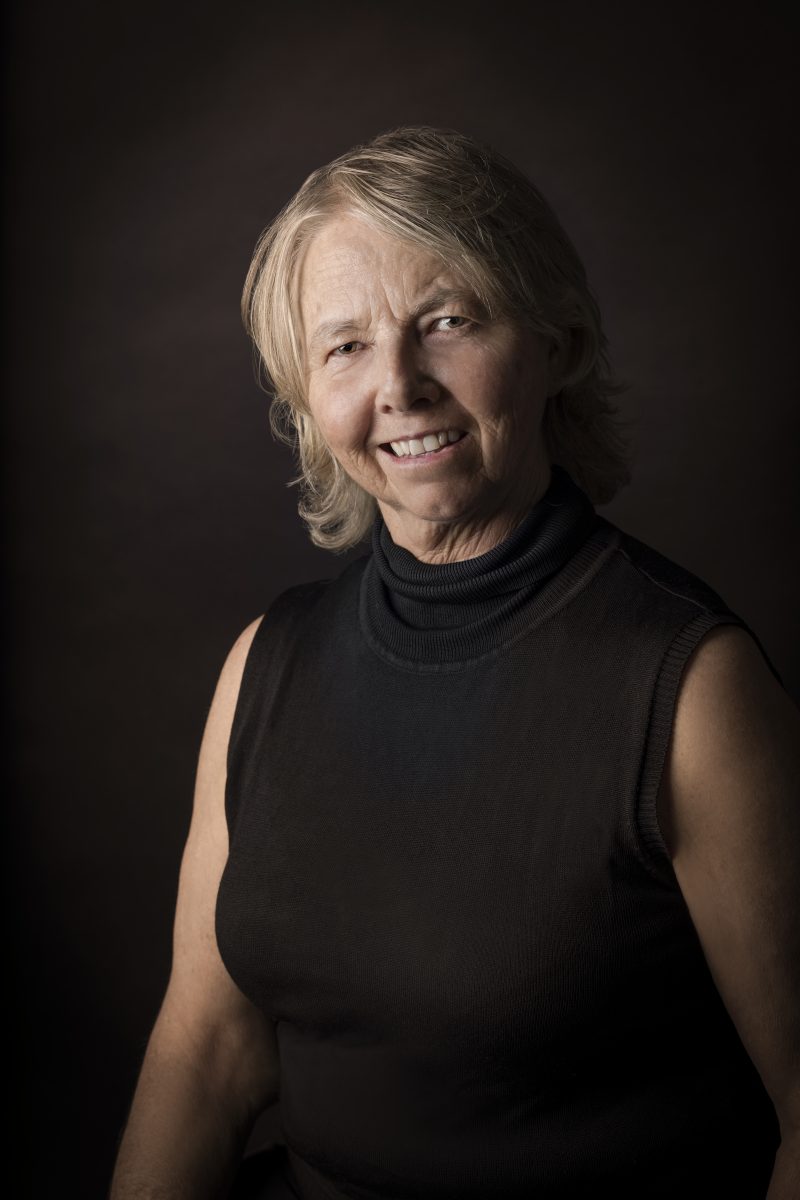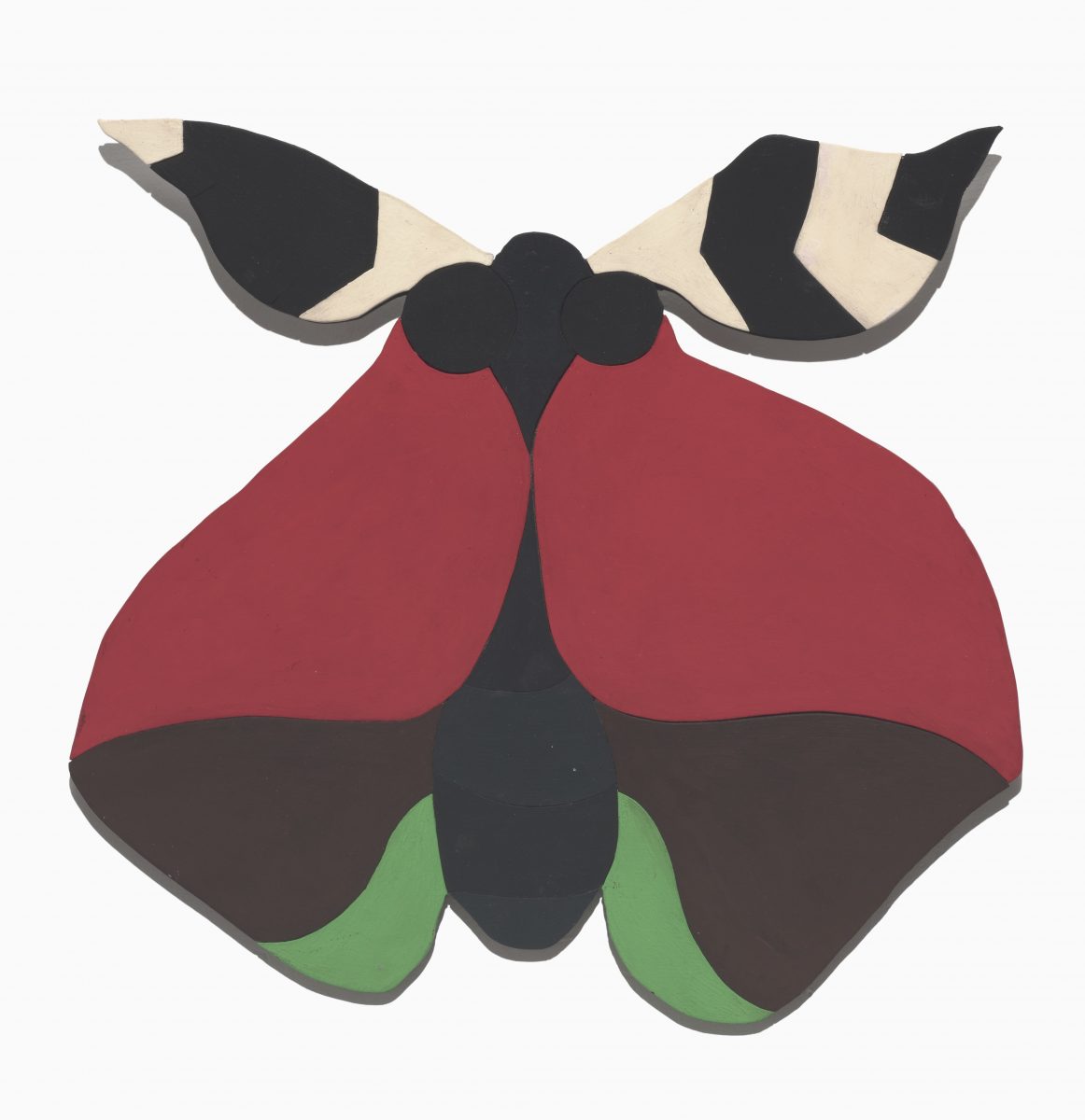
Artist Jenny Bell is at home on the family’s Breadalbane property as she is in her studio. Photo: Supplied.
If she has a bad day in the studio, artist Jenny Bell loves nothing more than going outside and moving a mob of sheep.
And for this Breadalbane farmer, it works both ways. If she’s out in the paddock and there’s been just one too many daggy sheep to deal with, she’ll head back into her studio – ideally armed with the most natural of inspiration.
Jenny, who attended the National Art School and completed a Bachelor of Arts at the Sydney College of the Arts, always has, and seems, always will, combine her two loves – art and the land.
Living with her family on a 1200-hectare property near the village of Breadalbane in the NSW Southern Tablelands, Jenny and husband Rod mostly run a self-replacing merino flock as part of their passion for regenerative farming.
It is this lifestyle, living on the land, and learning to understand it, that Jenny says helps to inspire her art.
“I’ve spent most of my life in the bush like this. It’s fairly plain, low country, a few hills. It’s not a dramatic place, but it’s somewhere that has always fascinated me, where humans interface with the landscape,” she said.
But back in the 1980s, a young Jenny, in search of inspiration, moved to London. She loved living there, working in a variety of jobs, including dressing shop windows. Although she didn’t work as an artist over there, she kept up her passion for drawing.
But in 1987, a phone call from her father suddenly brought her home.
“He rang me … there was sadness in the family, so I filled my overnight bag and went straight to Heathrow. I was back home in 24 hours. Sometimes you need a jolt to make a decision.”
When she came home, her dual passions came to the most creative of fores. Jenny got a job as a teacher, contacted some art galleries about her work – and got married. She also, with her husband, decided regenerative farming was the way to go.
“It was not the sort of farming I had grown up with,” she said. “But we felt this overwhelming responsibility about healing some of the damage done to the country.
“We got into regenerative farming slowly, working with biology and animals, we went through drought, we started looking for different solutions and became part of a whole movement.
“Initially my husband took charge and I was the station hand but then it became more of a team effort between us,” she said. “But since our son Riley has come back on the farm, I’ve stepped back – and am spending more time in the studio.”
It is this connection to the land that helped the artist create a series of works for her new exhibition, Life Forms, which opens at the Goulburn Regional Art Gallery on 24 June.
“I remember going to Albury,” she said. “It was to a farm I didn’t know. But it was an opportunity to work with people who were very bold in what they did, so I decided to do something out of left field for me – something I couldn’t necessarily see on the farm.

A portrait of artist Jenny Bell. Her new exhibition opens at Goulburn’s Regional Gallery on 24 June. Photo: Supplied.
“So I started to look at what happens under the soil. The difference between the atmosphere and what’s below the earth. I found all these new shapes and colours and I … let her rip.
“I had a lot of fun and it took me back to the reason why I wanted to be an artist. You get such a high from seeing how colours and form react.”
Jenny said some of her most recent, different work will feature in the Goulburn exhibition. Moths.
“I just saw this moth in my studio in the daylight one day looking lost. I don’t know what it was but it triggered something in me so I thought I’d make a moth.

Number 1 in the artist’s series of ‘buttermoths’, 33 of which will feature in an installation in her new exhibition. Photo: Supplied.
“I tried to draw it but it didn’t really work, so I did other moths, played with some colours.
“Nature really is unbelievable, I took my inspiration from her and had enormous fun making them. I call them ‘buttermoths’ – they’re neither moths or butterflies – but there will be 33 in the exhibition.”
In the upcoming Goulburn show, Jenny said she wanted to do something optimistic.
“We’ve done enormous damage to the environment,” she said, “but we’ve also done lots of healing. These moths are a gesture of optimism … a celebration of human activity.”
Jenny Bell, Life Forms at the Goulburn Regional Gallery, 184 Bourke Street, Goulburn. Open daily from 24 June until 5 August. Free.
Join the artist with exhibition curator Anne Sanders in conversation at 12:30 pm on Saturday 24 June at Goulburn Regional Art Gallery. Free.
